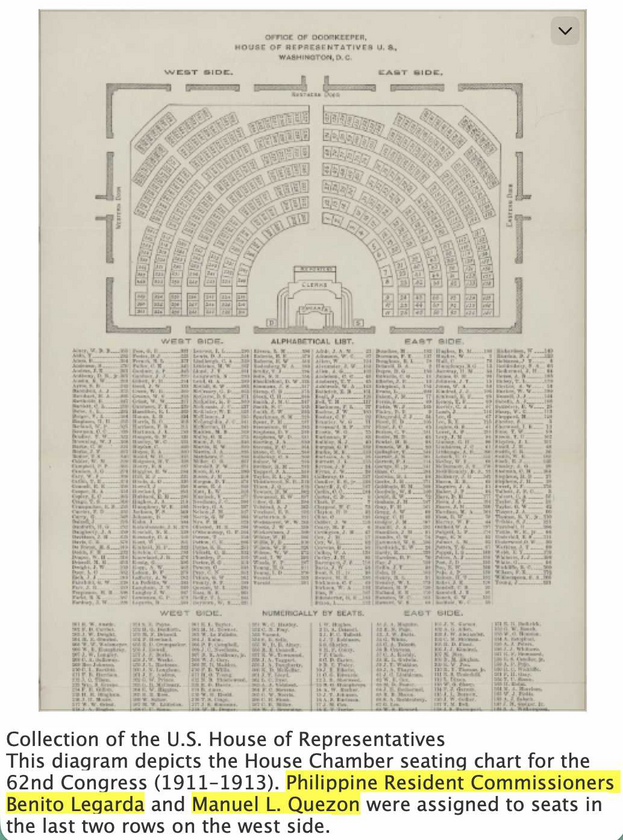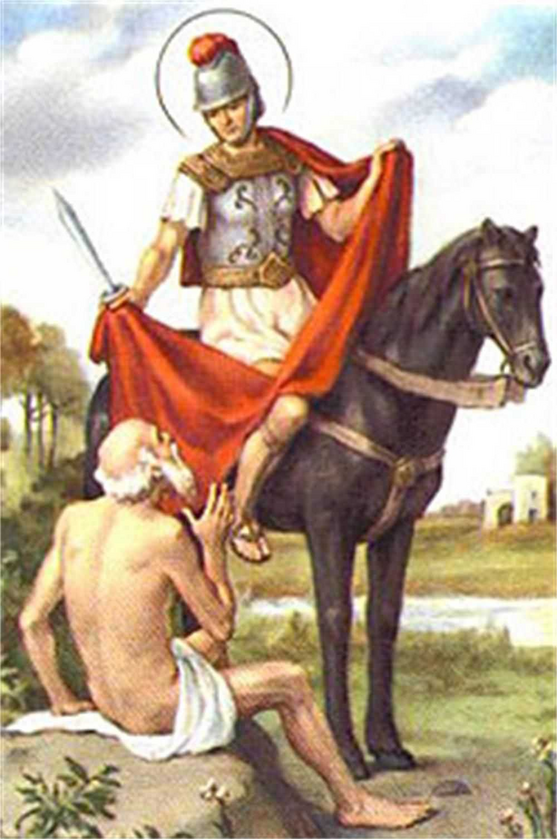You can listen to the Politics by Faith podcast anywhere, but the ad-free version, the day before, with the transcript, is only on MikeSlater.Locals.com. Thank you for subscribing!
There are so many things pulling us away from the dinner table. That should be a sign of how important this sacred place is.
Good morning. Welcome to the Morning Watch. I hope you're having a wonderful morning. It is Thursday. That is the best day of the week. Thanks for making us a part of it. This podcast is brought to you by the Patriot Gold Group and the Public Square app. Please download it for free. We're talking about homeschool this week. Oh, did I tell you this? Jack, on the first day of school, before, so the night before, made his mother a picture, drew her a picture of her. It's a picture of her. It's a picture of her. It's a picture of her. It's a picture of her. It's a picture of her. It's a picture of her. It's a picture of her. It's a picture of her. It's a picture of her. It's a picture of her. It's a picture of her. It's a picture of her. It's a picture of her. It's a picture of her. It's a picture of her. It's a picture of her. It's a picture. And the picture said, it had a big heart on it, and it said, Dear Mommy, I'm not even kidding, it said, Dear Mommy, you're going to do great at homeschool. How stinkin' adorable is that? Now, he spelled T-O-O and he spelled great like a, like a great, like a G-R-A-T-E, like a metal great, but whatever, we'll work on that. That's what school's for, but the sentiment is what I'm talking about. And then he put a little Post-it note on it, and the Post-it note said, all you need to do is dot, dot, dot, love. I was like, what in the world is that? Where did that come from? Seriously, where did that come from? That's the sweetest thing he's done in six years. He's a sweet little boy, you know what I mean? But that hits all the notes. He felt mom's anxiety about homeschooling and encouraged her in such a beautiful way. So we're gonna frame it because that's really awesome. Anyway, not everyone homeschools. So this, well, listen, look at me, I'm acting like I'm such a homeschool expert. Not everyone can homeschool like the Slater family. Not everyone is as wonderful as we are when it comes to homeschooling. We're on day three, okay? But this week we're talking about, well, we're talking about habits of the household. Because no matter where your kids go to school. The home and the family is the place where they need to learn the most about life. And there's a book called Habits of the Household. And one of the chapters is dedicated to what I think is one of the most important habits you can have as a family and it can be very difficult, but important things are hard to do, right? We did this growing up, my family and I, I credit it with so much. It's why I'm as wonderful as I am, and humble. Eating dinner as a family. Now there's nothing sacred about dinner, it could be breakfast, lunch, whatever. It's the rhythm of coming together as a family around a table. There's something powerful about it. And listen, you know this, so this is a friendly reminder. Theodore Dalrymple, one of my favorite writers, he has many books, one of them Life at the Bottom, I think it's in Life at the Bottom. He's a prison psychologist and all this, so he would go into people's homes and they didn't even, in England, they didn't even have a dinner table. There was no table to sit at. They didn't even have the concept of a place where the family can come together even if they wanted to or even if they had time or that's not even it. There is no desire or it's not even it doesn't even register. It's so far out of the realm of a thing they don't even have a table. And it's got nothing to do with poverty because he would go into immigrant homes, some of them even poorer, and they had a table, and they would eat fresh food from the market and sit around and eat. So it's nothing about income level. It's a cultural thing. I want to read this from the book, Habits of the Household, page 58. We sync our schedules even when it's not easy. Extracurriculars, sports, happy hours, and late meetings. We'll always try to compete, but none of those are our center of gravity. The family cannot revolve around these things. These things must revolve around the family. Oh gosh, it's so good to get that reorientation. I also like this family's, I like this family's, I like this family's, I like this family's, Oh gosh, it's so good to get that reorientation. I also like this family's idea, they have a candle on the table, and they light the candle when dinner begins. I'm gonna start doing this, I think. I'm gonna suggest it to the wife and see what she thinks. Because it signifies that something is happening here. Right, it's like, okay, we begin. You hear the match, that was my match. And the thing lights on fire, kids love fire, everyone loves fire. And you're like, okay, here we are, this is special. This is different. We've been doing things all day, but this is different. This is sacred. They also in this book suggest playing,
0:05:04
they call it roses and thorns or highs and lows. We call it coals and diamonds. Best part of your day, worst part of your day, basically. I don't like saying worst part of the day, it's like best part of the day, and the thing you wish could have been better, or a thing you could do over if you could, something like that. We call it Coals and Diamonds. And it turns out that this is an old Christian practice called examen, I've never heard of this before, I guess the Jesuits did it. And it's one of their ways of praying, I suppose, and there's five different sections to it. You have Thanksgiving, then guidance, review, grace, and resolution. The reason I bring it up here is diamonds being the best part of your day, well, that's the Thanksgiving. Right, we can all talk about how grateful we are for it, how wonderful that was, oh yeah, that was so funny, that was so great, oh, right, you can talk about that as a family. And then the coals, the worst part of your day, the part that was lacking, I wish it could go better, the part that didn't go well, whatever. That's the review and the grace and the resolution. Ah, you're right, honey, mm, it wasn't great. Okay, we can do better next time though, right? Ah, we love you, but all this stuff, right? Ah, so sorry that happened. Right, you can talk about it as a family boom right there all together, that's amazing, isn't it? Now let me read this last section here. In the passing of dishes, we practice delayed gratification. Like, I want those now. In complimenting the meal, we practice the power of spoken encouragement. In withholding criticisms, we practice the virtue of silence. We are reminded that lots of things we think aren't worth saying. In roses and thorns, in questions and pepper games where you can only talk when you pass the pepper slant, we practice telling stories, recalling memories, celebrating and sympathizing with each other. We practice forgiving when someone spills something, again. And in waiting until we're excused, we practice sticking around even when we don't want to, the root of learning loyalty. Finally, as we help clean and reset the kitchen for the next day, we practice the truth that the gift of communal life takes the ethic of communal labor. We grow accustomed to the rhythms of work it takes to produce the relationships we desperately need. Behold, then, the way that a noisy dinner table echoes with the gospel. Light from darkness, prayers from the mouths of babes, forgiveness and gratefulness, reconciliation and discipline. So some friendly encouragement that the dinner table can be a sacred place again, where more is learned about life and each other and God than can be learned in the entire day anywhere else. What a beautiful thing. Mike Slater dot locals dot com for the full transcript and no commercials. And this book is called Habits of the Household. And this book is called Habits of the Household. Mike Slater dot locals dot com.













